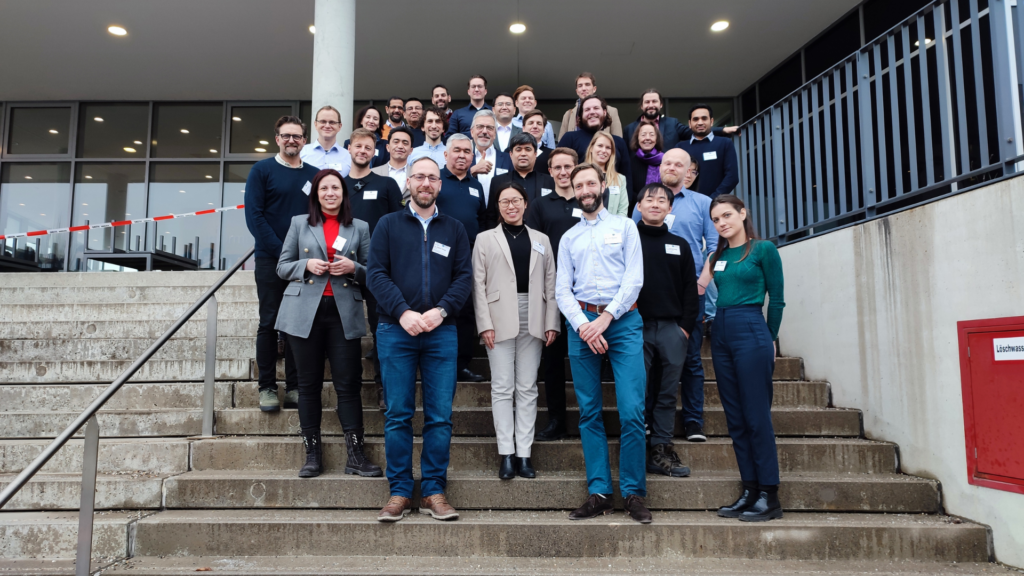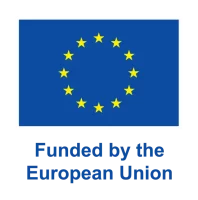Partners
The €5.2 million co-funded WE-ACT project, supported by the EU Horizon Europe program, aims to revolutionize transboundary water allocation and management with an innovative Decision Support System. It optimizes shared benefits and enhances resilience in rapidly changing climates, establishing a new standard for sustainable water allocation in transboundary areas. The four-year timeline began on 1 January 2023, representing a paradigm shift towards climate-sensitive water allocation systems and financing mechanisms.
Get to Know Our Partners
Led by Technical University of Munich, the WE-ACT project brings together leaders from industry, policy, government, research, academia, and science across Europe and Central Asia to collaborate on the next generation of climate-sensitive water resource allocation planning and management. The consortium encompasses a diverse range of European (Spain, Germany, the Netherlands, Belgium) and non-EU countries (Uzbekistan, Kyrgyzstan, Switzerland, United Kingdom, and Serbia), providing broad representation of different cultural realities and geographical contexts. Our two local partners boast strong networks with river basin management authorities, governmental bodies, and the agricultural and energy sectors in the two demonstration catchments in both countries. The results of the project will be invaluable in enhancing digitalization processes for water management sectors in Central Asian transboundary river basins, and have the potential to extend to the EU as well.

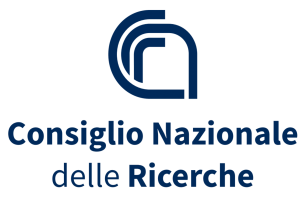

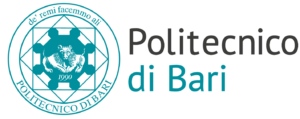



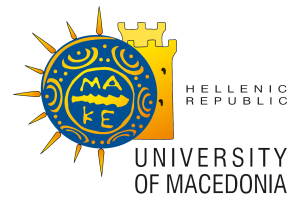
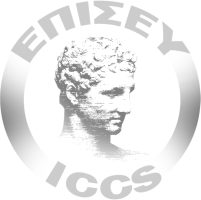

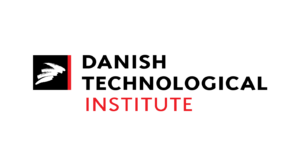
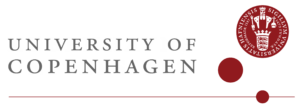




Meet Our Advisory Board
WE-ACT is privileged to have the support and strategic thought partnership of our Advisory Team, which comprises individuals with expertise in ongoing policy development, capacity-building skills, and knowledge in local water management and governance. Delve into the unique stories of our Advisory Team members by scrolling down below! If you’re interested in exploring strategic thought partnership opportunities with WE-ACT, please feel free to get in touch with us.
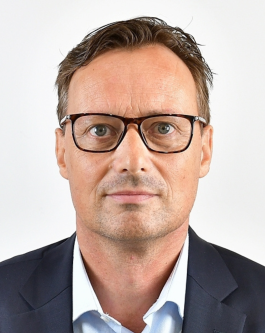
Dr. Stefan Uhlenbrook
Director Hydrology, Water and Cryosphere, Services Department, World Meteorological Organization 
Dr Stefan Uhlenbrook’ s main expertise includes water management, hydrological processes and modelling across scales (i.e., floods and droughts), and the water-energy-food-ecosystems nexus. He is a renown academic and has led/contributed to many projects in Africa, Asia, Europe and MENA that have demonstrated the impact of global changes and climate changes on water, and they provided effective solutions to address these challenges through integrated approaches. He is experienced on translating science-based knowledge to effective policies, strategies and services that contribute to environmental, economic and societal sustainability.
Since September 2022, Stefan leads the Hydrology, Water and Cryosphere branch of the World Meteorological Organisation (WMO), the UN Specialized Agency for Weather, Climate and Water. He is very exciting to contribute to the Organisation’s program and, among other things, strengthen the early warning systems for floods and droughts as well as water resources assessment and management worldwide.
During 2019-2022, he has focused his interest on water and food system transformations to provide healthy and nutritious food for all while considering the vital role of water and ecosystems. Previously, he served as the director of water, food and ecosystems at IWMI (2019-2022, Sri Lanka), Coordinator of UNESCO’s World Water Assessment Programme (WWAP, 2015-2019, Italy), and the Deputy Director/Rector and acting Director/Rector of UNESCO-IHE (now IHE-Delft, Netherlands, 2005-2015). He has been a professor at IHE-Delft (2005 onwards) and Delft University of Technology (2009-2020), The Netherlands. He did his PhD (1999) and habilitation (2003) at the University of Freiburg, Germany.
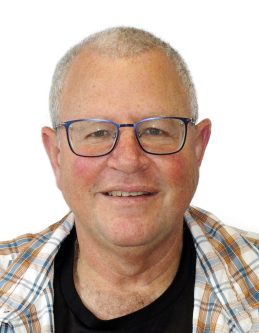
Assoc. Prof. Alex Furman
Civil and Environmental Engineering, Technion, Haifa, Israel
Head of the Environmental Science and Engineering Research Group, GTIIT, Shantou, China.
My research is all around hydrology, with emphasis on the subsurface. We mostly look at basic science related to water flow and reactive transport in the vadose zone, in both agricultural and non-gricultural environments. In our research, we combine theoretical, computational, and experimental work. Our primary focus now is on soil aquifer treatment (SAT) and hydrogeophysics. Recent studies include the investigation and optimization of SAT through a mechanistic understanding of the related biogeochemical processes, reactive transport in dynamic (and oscillating) systems, and the use of spectral-induced polarization to detect and monitor soil contamination at various scales.
I obtained my B.Sc. and M.Sc. (both in Agricultural Engineering) from the Technion, and my Ph.D. in Hydrology and Water Resources from the University of Arizona. Before joining the Technion, I served as a researcher at the Agricultural Research Organization of Israel (ARO – Volcani Center). Between 2017 and 2022 I served as the head of the Grand water research institute (GWRI). My teaching at the Technion includes a gallery of undergraduate and graduate courses in soil physics, hydrology, energy and mass transfer, and more.

Dr. Stefan Uhlenbrook
Director Hydrology, Water and Cryosphere, Services Department, World Meteorological Organization 
Dr Stefan Uhlenbrook’ s main expertise includes water management, hydrological processes and modelling across scales (i.e., floods and droughts), and the water-energy-food-ecosystems nexus. He is a renown academic and has led/contributed to many projects in Africa, Asia, Europe and MENA that have demonstrated the impact of global changes and climate changes on water, and they provided effective solutions to address these challenges through integrated approaches. He is experienced on translating science-based knowledge to effective policies, strategies and services that contribute to environmental, economic and societal sustainability.
Since September 2022, Stefan leads the Hydrology, Water and Cryosphere branch of the World Meteorological Organisation (WMO), the UN Specialized Agency for Weather, Climate and Water. He is very exciting to contribute to the Organisation’s program and, among other things, strengthen the early warning systems for floods and droughts as well as water resources assessment and management worldwide.
During 2019-2022, he has focused his interest on water and food system transformations to provide healthy and nutritious food for all while considering the vital role of water and ecosystems. Previously, he served as the director of water, food and ecosystems at IWMI (2019-2022, Sri Lanka), Coordinator of UNESCO’s World Water Assessment Programme (WWAP, 2015-2019, Italy), and the Deputy Director/Rector and acting Director/Rector of UNESCO-IHE (now IHE-Delft, Netherlands, 2005-2015). He has been a professor at IHE-Delft (2005 onwards) and Delft University of Technology (2009-2020), The Netherlands. He did his PhD (1999) and habilitation (2003) at the University of Freiburg, Germany.

Assoc. Prof. Alex Furman
Civil and Environmental Engineering, Technion, Haifa, Israel
Head of the Environmental Science and Engineering Research Group, GTIIT, Shantou, China.
My research is all around hydrology, with emphasis on the subsurface. We mostly look at basic science related to water flow and reactive transport in the vadose zone, in both agricultural and non-gricultural environments. In our research, we combine theoretical, computational, and experimental work. Our primary focus now is on soil aquifer treatment (SAT) and hydrogeophysics. Recent studies include the investigation and optimization of SAT through a mechanistic understanding of the related biogeochemical processes, reactive transport in dynamic (and oscillating) systems, and the use of spectral-induced polarization to detect and monitor soil contamination at various scales.
I obtained my B.Sc. and M.Sc. (both in Agricultural Engineering) from the Technion, and my Ph.D. in Hydrology and Water Resources from the University of Arizona. Before joining the Technion, I served as a researcher at the Agricultural Research Organization of Israel (ARO – Volcani Center). Between 2017 and 2022 I served as the head of the Grand water research institute (GWRI). My teaching at the Technion includes a gallery of undergraduate and graduate courses in soil physics, hydrology, energy and mass transfer, and more.
Partner Perspectives: WE-ACT Journey
WE-ACT is not only concerned with the research of two headwaters of one of the most famous catchments in the context of transboundary water resource management, but goes a step further and creates efficient and holistic water allocation strategies for end-users, integrating them in the best possible way and taking their concerns into account at all times.
Timo Schaffhauser, TUM
